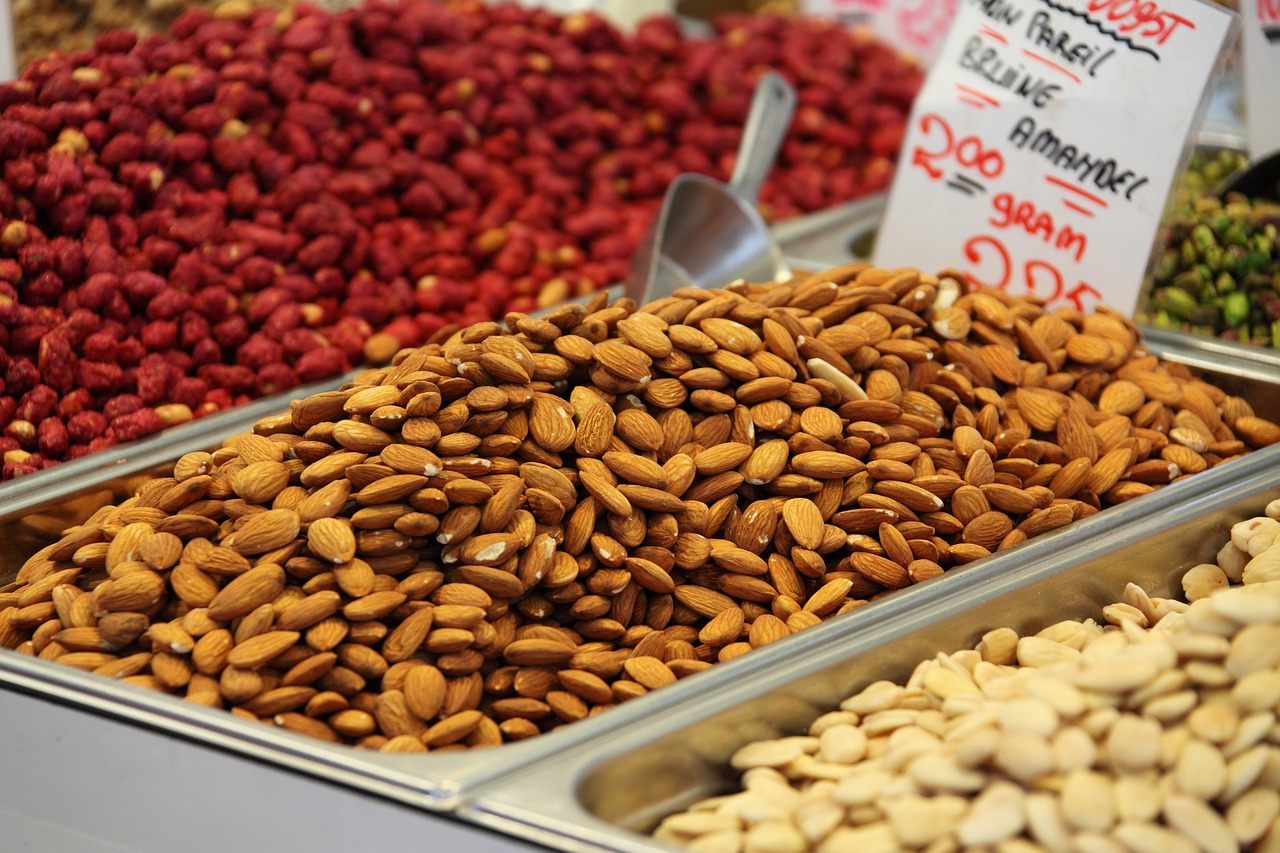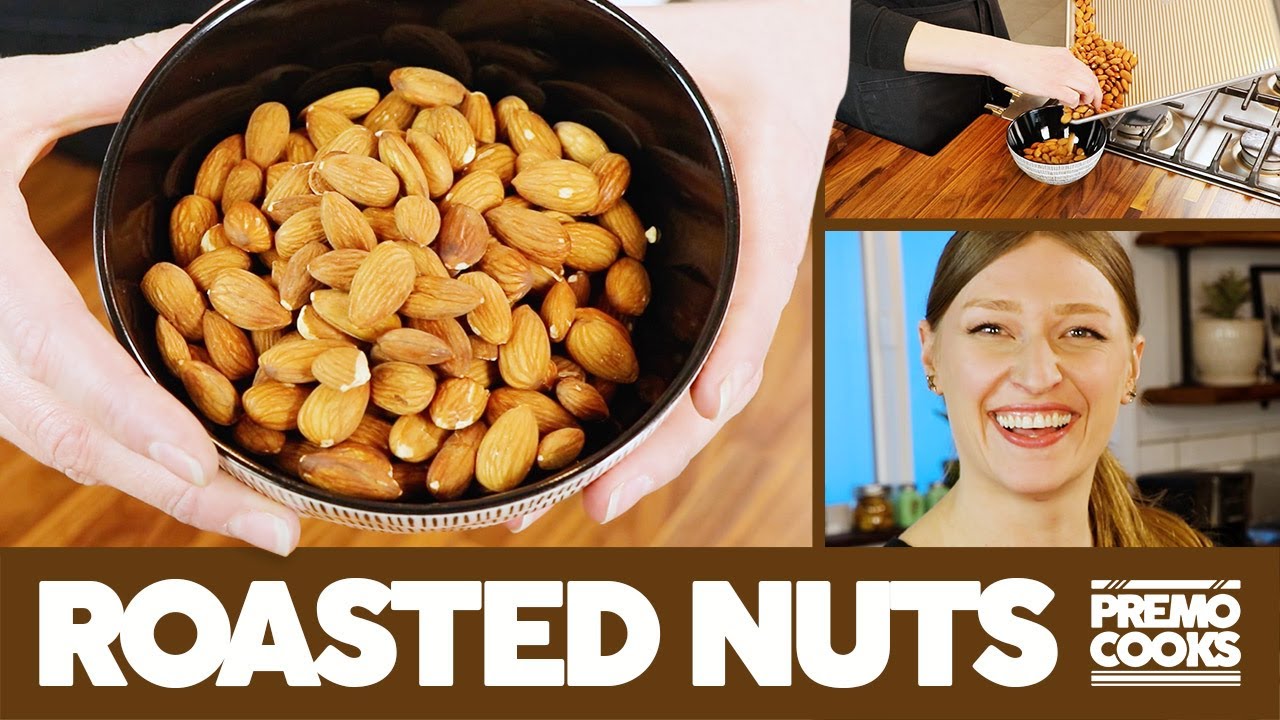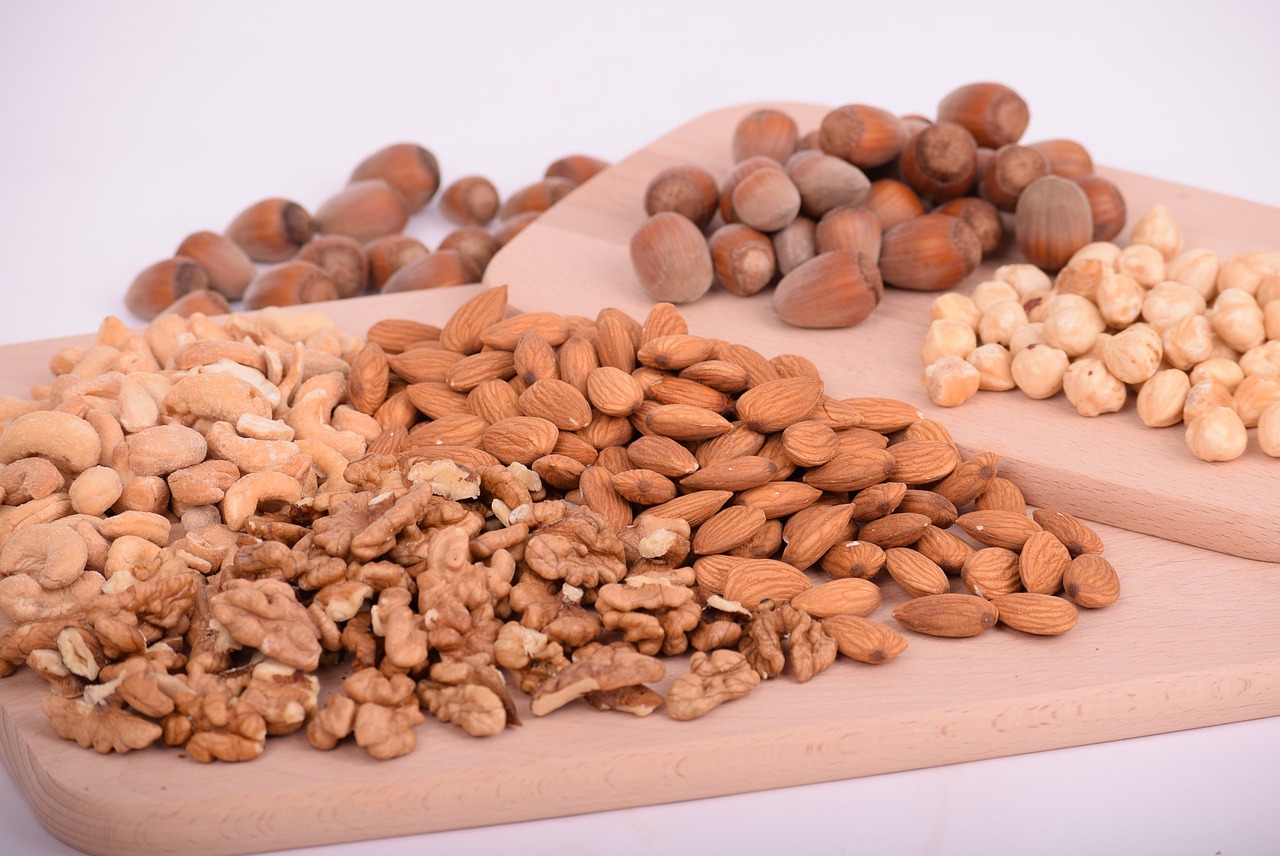
Roasting nuts at home is a simple way to elevate their flavor, aroma, and crunch, making them a satisfying and versatile ingredient for cooking, snacking, and baking. While nuts are naturally packed with beneficial nutrients, roasting them at home allows you to control seasoning, avoid added oils, and enjoy them at their peak freshness. Roasted nuts can add richness to salads, a delightful crunch to baked goods, or simply serve as a nutritious snack.
Why Roast Nuts At Home?
Enhanced Flavor And Freshness
Roasting nuts at home brings out the natural oils and deepens their earthy, nutty aroma, making each bite more enjoyable. Home-roasted nuts retain a freshness that’s often lost in store-bought varieties, giving you a better-tasting, more aromatic snack.
Health Benefits Of Home-Roasted Nuts
Nuts are rich in heart-healthy fats, fiber, protein, and essential vitamins like E and minerals like magnesium. Regular consumption of nuts has been linked to numerous health benefits, including:
- Heart Health: Studies have shown that the monounsaturated and polyunsaturated fats in nuts help reduce bad cholesterol levels, supporting cardiovascular health.
- Weight Management: Nuts provide a feeling of fullness, making them a smart snack for appetite control.
- Brain Health: Nutrients in nuts, such as vitamin E, have been associated with supporting cognitive function and mental health, playing a role in both physical and mental fitness.
Roasting nuts without added oils and salts allows you to enjoy these benefits without unnecessary additives, aligning with a balanced, wholesome diet.
See Also: How To Avoid Cooking With Sugar
Essential Tools And Ingredients
Tools Needed
- Baking Sheet: Use a rimmed baking sheet to prevent nuts from sliding off.
- Parchment Paper: Helps with easy cleanup and prevents sticking.
- Spatula: Essential for stirring nuts halfway through roasting to ensure even cooking.
Key Ingredients
- Raw Nuts: Choose raw varieties to avoid added salt or oil. Common types include almonds, cashews, walnuts, pecans, and hazelnuts.
- Seasonings: Salt, cinnamon, smoked paprika, or chili powder are popular options, but feel free to get creative with herbs and spices to enhance flavor.
- Optional Binding Agent: Egg whites can be used to help spices stick to the nuts, giving them an extra layer of crispiness and flavor.
How To Roast Nuts In The Oven
Preheat The Oven
Set your oven temperature between 300°F and 325°F. Roasting nuts slowly at a moderate temperature prevents burning while coaxing out their natural oilsfor a deeper flavor. High temperatures above 350°F are not recommended, as they can cause the nuts’ outer layers to burn before the insides are properly roasted.
Prepare The Nuts
For optimal flavor, arrange your raw nuts in a single layer on a baking sheet lined with parchment paper. Lightly coat them with oil, if desired, to enhance crispness, and sprinkle on your favorite seasonings. To avoid over-salting, season conservatively and adjust after roasting if needed.
Roasting Times By Nut Type
Different nuts have unique textures and densities, meaning their roasting times will vary. Here’s a general guide to help achieve perfect results:
- Macadamia Nuts: 25-30 minutes
- Cashews: 24-28 minutes
- Hazelnuts: 20-26 minutes
- Almonds, Pecans, and Walnuts: 18-25 minutes
- Pine Nuts: 15-18 minutes
For best results, stir the nuts halfway through to ensure they roast evenly on all sides. Keep a close eye during the final minutes to avoid over-roasting.
Trust Your Senses
Use your sense of smell as a natural timer. When the nuts release a warm, toasty aroma, they’re close to being done. While timing is helpful, relying on the scent can give you the best indicator of doneness, as it signals the release of natural oils and flavors.
Cooling And Storage
Once roasted, transfer the nuts from the baking sheet to a cool surface immediately. Allowing nuts to sit on a hot pan can lead to over-roasting, which may affect both flavor and texture.
After cooling, store roasted nuts in an airtight container in a cool, dark place for up to two weeks, or refrigerate for up to a month to maintain freshness. Roasted nuts can also be stored in the freezer for extended freshness; a quick reheat in a 150°F oven will help restore their crunch.
Stovetop Roasting Method
When To Use Stovetop Roasting
Stovetop roasting works well for small batches and offers more control over the process, making it ideal when you need roasted nuts in a hurry.
Step-by-Step Instructions
- Heat a dry skillet over medium heat.
- Add the nuts in a single layer, stirring constantly to prevent burning.
- When the nuts turn golden and aromatic, transfer them to a cool surface.
Alternative Small-Batch Methods
For a quicker roast, try toasting nuts in the microwave or an air fryer. Air frying takes around five minutes at 300°F, though it’s best for smaller batches to ensure even roasting.
Flavor Variations And Seasoning Ideas
Sweet Options
Cinnamon Sugar Almonds: Toss with cinnamon and sugar after roasting for a light, sweet coating.
Honey-Glazed Pecans: Add honey after roasting for a natural, sticky sweetness.
Savory Options
Garlic-Herb Cashews: Season with garlic powder, rosemary, and salt for a savory touch.
Smoked Paprika Almonds: Dust with smoked paprika and sea salt for a smoky depth of flavor.
Spicy Options
Chili-Spiced Walnuts: Add chili powder or cayenne pepper for a bit of heat.
For a professional touch, coat the nuts with egg whites before seasoning. This trick helps spices adhere better and creates a satisfyingly crisp texture.
Read Also: How To Make Homemade Almond Milk In 5 Easy Steps

HOW TO Toast Raw Nuts | How to Roast Nuts at Home | Oil Free Roast Nuts | Oven Roasted Nuts
Roasting Tips And Troubleshooting
Pre-Soaking For Enhanced Texture
Soaking nuts before roasting can enhance their texture and remove bitter tannins from the skin, making them more digestible. Harder nuts like almonds benefit from soaking for up to seven hours, while softer varieties like cashews only need six hours.
Arranging Nuts For Even Cooking
To avoid uneven cooking, always spread nuts in a single layer. If roasting in bulk, consider doing so in batches to ensure each nut roasts evenly.
Avoiding Over-Roasting
Monitor both temperature and time closely, especially during the final minutes of roasting. Stir nuts every 10 minutes if using a cooler oven or every 3–5 minutes if roasting at 350°F. Removing the nuts as soon as they’re done prevents carryover cooking.
Nutritional Benefits Of Roasted Nuts
Heart-Healthy Fats
Nuts are packed with monounsaturated and polyunsaturated fats that can help lower cholesterol and support heart health.
Protein And Fiber
They’re also a great source of plant-based protein and fiber, which aid in muscle maintenance and digestive health.
Rich In Vitamins And Minerals
Nuts contain key nutrients such as vitamin E, magnesium, and antioxidants that support overall well-being. Roasting at home allows you to retain most of these nutrients without added oils or preservatives.
FAQs
Why Should I Soak Nuts Before Roasting?
Soaking helps remove tannins and phytic acid, making nuts easier to digest. It also improves their texture for a crunchier roast.
How Can I Make Seasonings Stick Better To Nuts?
Coat the nuts in whipped egg whites before seasoning. This trick creates a crisp outer layer and ensures even seasoning coverage.
Are Raw Or Roasted Nuts Healthier?
While raw nuts offer some heat-sensitive nutrients, roasting brings out the flavor. Home-roasting at moderate temperatures preserves nutrients and allows control over seasoning.
Can I Store Roasted Nuts Long-term?
Roasted nuts can be stored in an airtight container in the pantry for two weeks, refrigerated for up to a month, or frozen for a year. To refresh them, pop them in a low-temperature oven for 15 minutes.
Conclusion
Roasting nuts at home is a rewarding skill that enhances their natural flavor, texture, and health benefits. From adjusting the roast time to perfecting seasonings, this process offers versatility and control over every batch.
Enjoy them as snacks, add them to recipes, or create custom flavor profiles for a healthy, delicious treat. Embrace the art of nut roasting, and experience the elevated taste and quality that homemade roasted nuts bring to your kitchen.
You Might Like: How To Make Sugar-Free Jams
